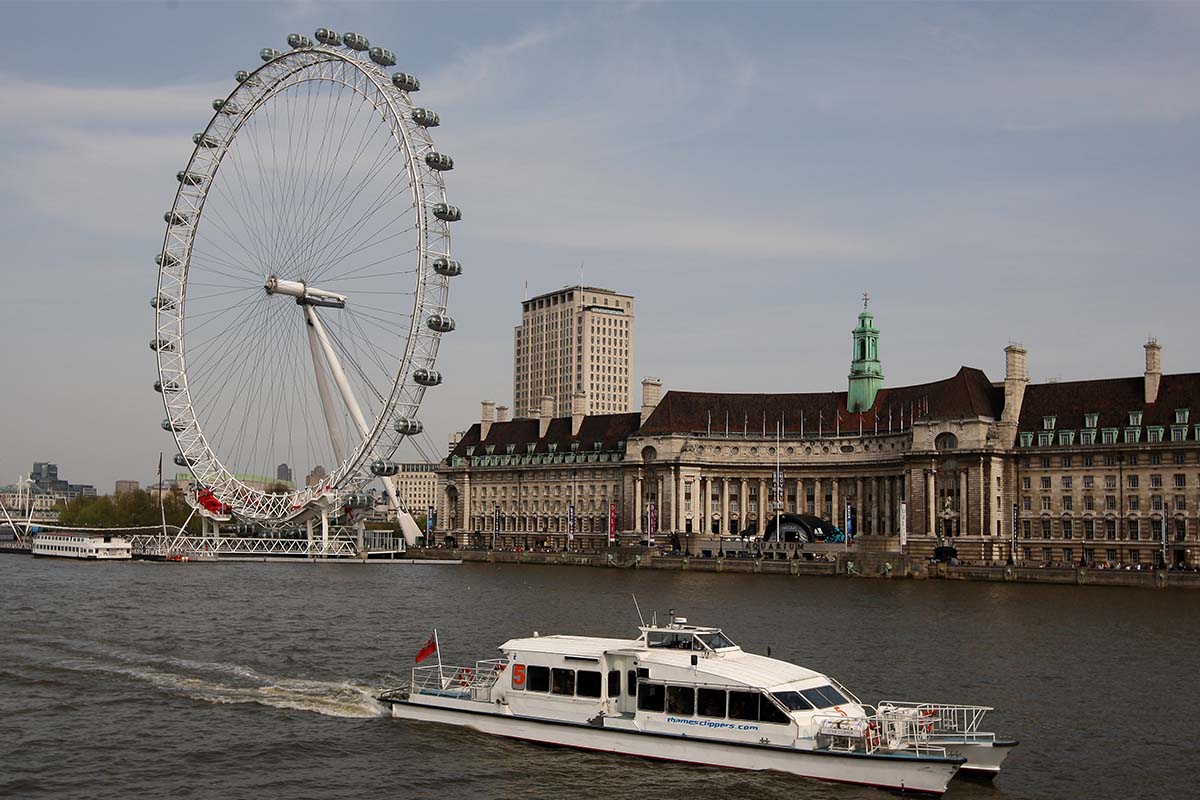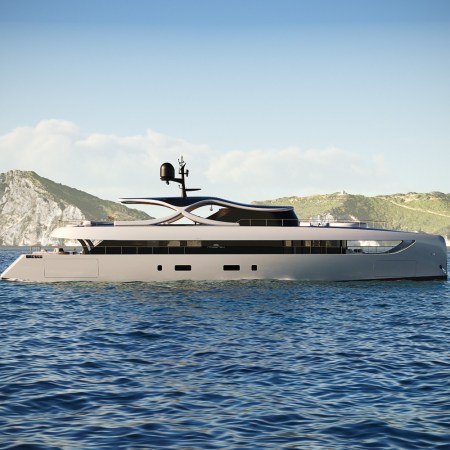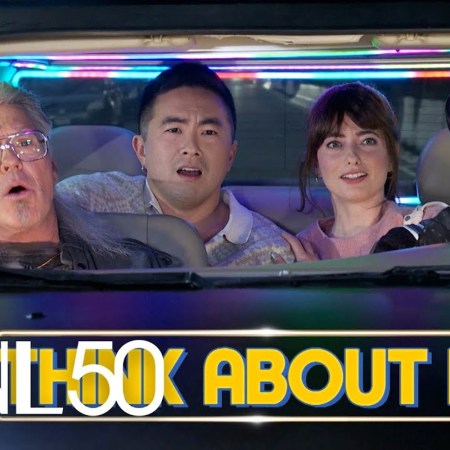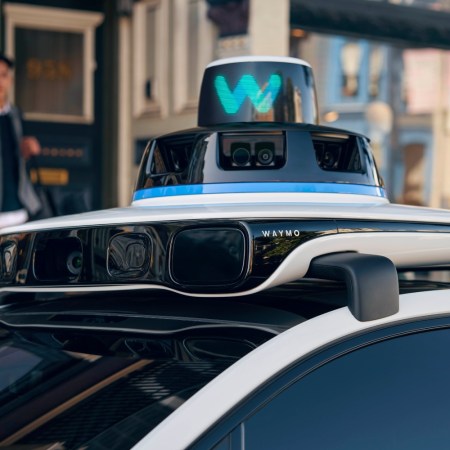In the same week that it announced a $2.65 billion acquisition of Postmates — and declared it was on track to be profitable by next year — Uber has diversified its business even further, and partnered with the largest river operator in London: Thames Clippers. The ferry service’s network of 20 boats and 23 piers will remain owned by Anschutz Entertainment Group (the entertainment conglomerate that brought The O2 to London), but will now be presented under a new “Uber Boats by Thames Clippers” label, which couldn’t have come cheap for the American ride-hailing company.
If the move sounds unusual, that’s because it truly is. Aside from an island-hopping initiative in Croatia, which has been around for a couple years, Uber has little experience with offering boat services. And that program has been fueled by leisure, allowing partiers carefree passage from Dubrovnik to raves on Hvar or Brač. London commuters represent the big leagues by comparison.
To be clear: in a pre-COVID-19 world, Londoners overwhelmingly favored the Tube compared to other forms of commuting. It’s not even close — daily ridership on the Underground was five million. Thames Clippers ferried just 4.3 million people in an entire year. But nobody knows, just yet, exactly what the commuting world will look like when offices open fully again, or what it will have to look like. London has only had around 33,000 cases (less than Paris, way less than New York City), but that spread has been facilitated, in part, by its well-connected public transport. The city’s transport authority, Transport for London (Tfl) has already started spending money on more street-space for pedestrians and cyclists, and began e-scooter trials just last week.
Uber, then, is betting on the necessity of alternative commuting. And it makes particular sense for them to think outside of the box in London. The service was effectively excommunicated from the city when its contract wasn’t renewed at the end of 2019; Tfl was upset to learn that many Uber drivers had faked their identities and subverted flimsy background checks. The only reason Uber is still operating on the roads in London is because it appealed the decision. Due to COVID-19, the hearing has been delayed until September.
Uber Boats by Thames Clippers will officially get going later in the summer, with new paint-jobs on the boats. Londoners will be able to “book” boats using their usual Uber app. As the river operator follows a set schedule each day, these passengers are essentially just reserving (and contactless-paying for) a spot on the journey. As of now, you won’t be able to book an “end-to-end” trip — a concept Uber has played with in the past, with helicopters — where the next leg of your trip (presumably a car) is waiting for you at the pier. But that could be on the horizon; if not in London, perhaps in another city where Uber’s full suite of services are still welcome.
Subscribe here for our free daily newsletter.
Thanks for reading InsideHook. Sign up for our daily newsletter and be in the know.


















